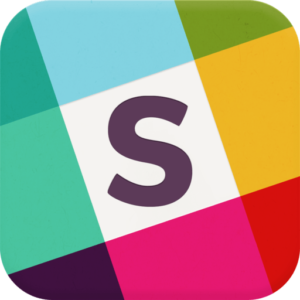Slack is about to get a whole lot smarter.
 The work chat service just rolled out an improved search experience that basically uses machine learning to find more relevant information, and find it faster. The new feature was built by Slack’s year-old search learning and intelligence group. It’s designed to help users find relevant channels and subject matter experts more quickly than a traditional search. It represents a move by the company to extend its lead collaboration software as stiff new challenges emerge from giants including Microsoft, Google and Facebook.
The work chat service just rolled out an improved search experience that basically uses machine learning to find more relevant information, and find it faster. The new feature was built by Slack’s year-old search learning and intelligence group. It’s designed to help users find relevant channels and subject matter experts more quickly than a traditional search. It represents a move by the company to extend its lead collaboration software as stiff new challenges emerge from giants including Microsoft, Google and Facebook.
The new feature is called Slack Search and is currently only available on paid accounts and the desktop version. Don’t be surprised to see parts of it trickle down to free, mobile users at some point, too.
 Here’s how it works.
Here’s how it works.
If you search “Time Off Request”, for example, Slack with find the person who talks about it the most, at which point you can connect with them and have a chat.
The feature could be very useful for larger teams, where not everyone knows one another. Instead of wasting time asking around the office and pointless emails, you can simply use the search feature to see who’s talking about it the most. Or, you can even search through messages and see if your questions have already been answered.
According to Slack, the machine learning will only use public messages, and won’t use any messages provided by bots. So fear not! None of your private messages will be on display.
Other Updates
Channel highlights, prioritized readings, and daily briefings are included as some of the features Slack plans on launching sometime in the near future, according to a report by Venture Beats. Timelines for these features haven’t been explicitly released, but the firm has been routinely updating its apps.
Part of Slack’s pitch from the get-go has been to let the average user figure out what’s going on inside their own company more easily. In fact, the “S” in Slack stands for search – the company’s name is an acronym of “searchable log of all conversation and knowledge”. But up until recently, Slack’s search features have been rudimentary. Just last year it added a “top results” feature to searches that attempts to show more relevant content.

